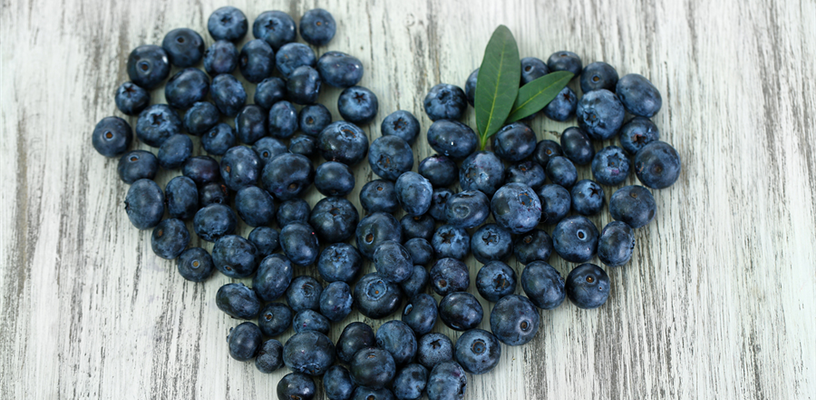
- By Mary Jac Brennan
- Posted Monday, June 24, 2019
Blueberry Season is Here!
You can enjoy a delicious and nutritious treat and a visit to a local farm at the same time. Blueberries are ready to harvest and will be available through mid-August. The nutritional benefits of eating blueberries are that it is a food that is low fat, saturated fat free, sodium free, cholesterol free, a good source of dietary fiber and a good source of vitamin C. The natural antioxidants in fruits will help keep your body working at its best. Besides those benefits, your taste buds will celebrate!
Blueberries are an excellent fruit to grow in the northwest Piedmont. Whether you are growing your own, buying at the farmers’ market, or planning to visit a pick-your-own operation, the blueberry harvest has begun.
There are several types of blueberries that can be grown in our area. The rabbiteye blueberries are the easiest type to grow and are usually the best choice statewide for homeowners, pick-your-own operations, and for local markets. Early rabbiteyes (Climax, Premier) begin ripening in late June to early July. There are other varieties that will be ripening into August. The other two types are a bit more demanding to grow in our clay soils of the Piedmont.
Highbush and southern highbush blueberries may be grown in well-drained soils with extensive site modification, including raised beds, addition of organic matter, acidification, and irrigation. They are more difficult to grow, but ripen earlier than rabbiteye – and for this reason are grown commercially in southeastern NC for fresh shipping in the early summer market window (May-June). Early-blooming southern highbush cultivars like Legacy, O’Neal and Star are prone to crop loss due to late spring freezes and may require freeze protection irrigation.
To select ripe blueberries, choose firm, plump, dry blueberries with dusty blue color and uniform size.
With rabbiteye blueberries – pick every 7-10 days to allow fruit to fully ripen. With highbush and southern highbush blueberries –pick all ripe berries every 5-7 days or less. The general guidelines are to pick all ripe fruit on the bush at each visit.
To avoid decay, do not handle fruit when it is wet. Refrigerated berries will last for to 2 weeks. Blueberries are also very easy to freeze for use later.
To download a pamphlet with Pick Your Own Blueberry farms click here.
To find out more about growing blueberries in North Carolina, click here.
For information about freezing blueberries check out this Extension leaflet: http://nchfp.uga.edu/how/freeze/blueberry.html










